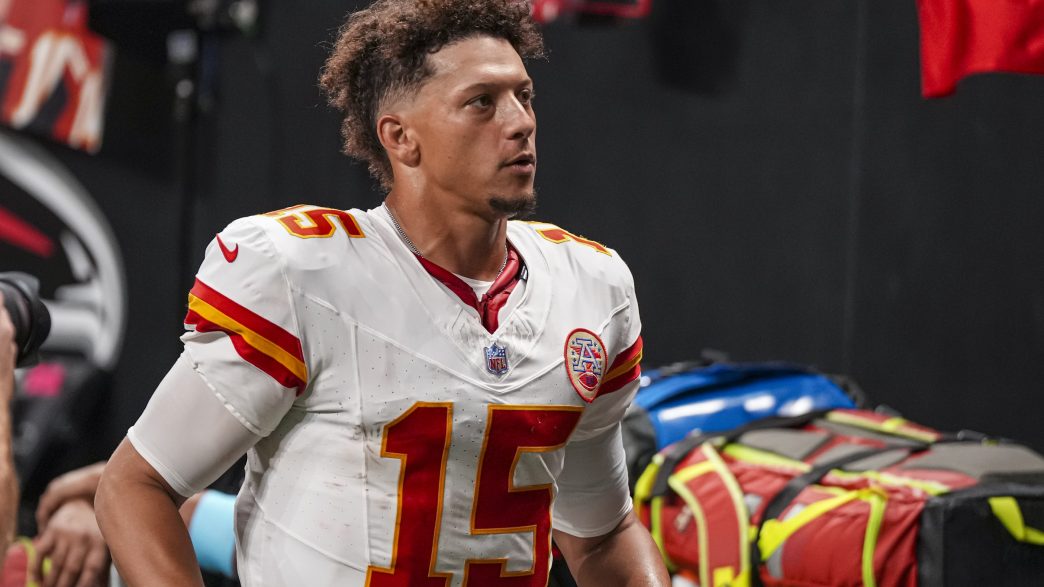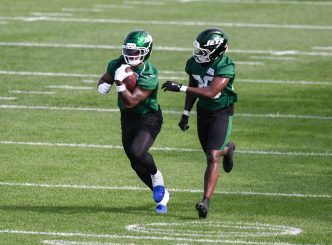In the wake of a significant legal move, former Kansas City Chiefs employee Ramzee Robinson has filed a lawsuit against the team, alleging racial discrimination. Having dedicated nearly a decade of his career to the Chiefs, Robinson claims that racial bias played a significant role in his termination and the team’s handling of compensation for Black employees.
Robinson, who is Black, served as the Director of Player Engagement and asserts that his dismissal in February 2025 was unjust. According to the allegations laid out in the lawsuit, Robinson’s termination followed accusations from his boss, who alleged he attacked a White female coworker, citing security footage that Robinson claims was never shown to him.
The timing of his firing, which occurred just six days after the Chiefs’ Super Bowl appearance, raises further questions. Robinson insists the real reason for his release was his advocacy for equal pay for Black employees compared to their White counterparts within the organization.
Highlighting these claims, Robinson’s suit points to a systemic issue within the Chiefs where African-American employees receive lower compensation than their White colleagues. This explosive allegation sheds light on deeper concerns about workplace equity in the franchise.
In an unexpected twist, the lawsuit also implicates the Houston Texans. Robinson contends that before his termination, the Texans expressed interest in interviewing him for a position. However, Chiefs’ management reportedly blocked the interview, citing contractual obligations. The lawsuit notes that Robinson only became aware of this opportunity when contacted directly by the Texans after the Chiefs allegedly refused to allow the interview.
This aspect of the case has drawn particular attention as it suggests the potential for a tampering investigation involving the Texans, as their attempt to engage with Robinson might conflict with NFL rules regarding personnel contracts.
As the situation develops, it casts a spotlight on issues of racial equality and employment practices within the NFL, suggesting potential ramifications not just for the Chiefs, but for the league at large. This case will undoubtedly draw significant attention as it unfolds, with implications for both internal team policies and broader league management practices.








